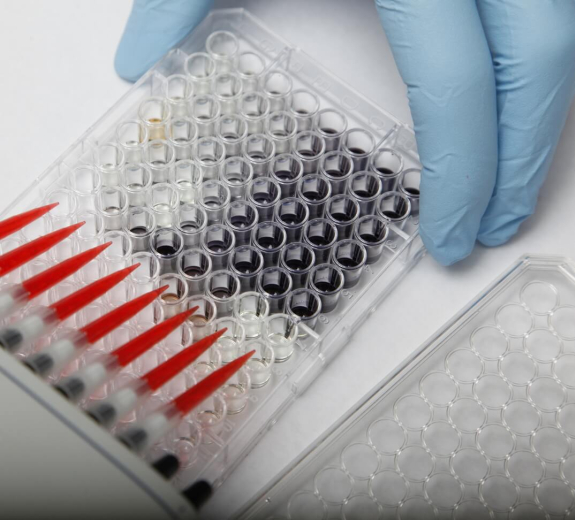While studying immunology as a college sophomore, the field struck a chord and has been the focus of his work ever since. As a graduate student, Dr. Khor studied early T cell development. During his postdoc, he knew he wanted to investigate T cell development in a more applied way.
In his graduate work, for example, he says the question relating to T cells often was, “How do you make the decision of which chromosome to cut and which to leave alone?” That query has evolved.
“Now it’s: Once you’re finished with that process and you’re a young adult T cell, how do you make the choice to say ‘I’m going to be a righteous citizen,’ or ‘I’m going to be a criminal,’ or ‘I’m going to be a lawmaker’?” he says. “Those types of decisions are really interesting to me.”
So what does Dr. Khor hope to accomplish in the near future at BRI?
“To build on pre-existing work. To expand and develop into a program that can sustain the nucleus of a young lab . . . and to understand new facets of disease and to translate that into meaningful advances for patients,” he says.
Dr. Khor’s plans also include establishing a biorepository to study autoimmune diseases in patients with Down syndrome.
“Given that patients with Down syndrome have up to 100-fold more autoimmunity, including type 1 diabetes and celiac disease, the idea is to explore unique features of their autoimmunity,” he says. “For example, we think it’s related to impaired function of their Tregs secondary to overexpression of the gene DYRK1A, which leads to the hypothesis that we might improve autoimmunity in these patients by inhibiting DYRK1A. If we can understand the unique signature of DYRK1A-driven autoimmunity, we can go back to broader patient populations with type 1 diabetes to understand who might also benefit from DYRK1A inhibition.”
To study this effectively, Dr. Khor said researchers need answers to basic questions about autoimmunity in Down syndrome, as well as access to study sample material and patient histories. Researchers in his lab will collect blood and tissue samples from patients and their siblings to use as non-Down syndrome controls, all with the aim of building a longitudinal biorepository that tracks patients over time to determine key factors in autoimmunity development. Though he’s new to BRI, Dr. Khor’s intentions are a clear indicator of the ambition he brings.




